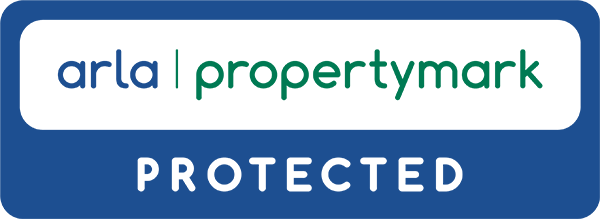What the Autumn Budget means for landlords
Latest Chancellor, Jeremy Hunt presented the Autumn Budget 2022 last week, aiming to "tackle inflation and keep mortgage rates down". So what measures where announced that impact landlords?
Capital gains tax relief halved
In 2023, the Annual Exempt Amount for capital gains tax will be cut from £12,300 to £6,000. It will then be cut again to £3,000 from April 2024. This measure impacts landlords and second home owners as well as those landlords that may be considering selling part or all of their portfolio as capital gains tax is applied at a much higher rate for residential property sales.
Stamp duty cut remains - but will decrease again in 2025
The stamp duty cuts announced in Kwasi Kwarteng's mini-budget will stay in place for now but will be reviewed again in March 31 2025. This means that the threshold of the price of a property before stamp duty is paid will stay at £250,000, up from the previous threshold of £125,000. This is in recognition that the housing market is expected to slow down for the next few years.
Social housing sector rent cap to be introduced
The social rented sector is currently expecting rent hikes of up to 11% next year, which is why the Chancellor announced a 7% cap on rent increases for social rents in 2023-24. This will help tenants save around £200 next year - a welcome saving during the current cost-of-living crisis. The introduction of the rent cap will partly mitigate the 11.1% rent increases that would have otherwise taken effect from next April. However, this measure does not apply to shared ownership rents or private sector rents.
Dividend allowance will be cut from 2023
The dividend allowance will be halved from £2,000 to £1,000 in 2023, and will be halved again to £500 in April 2024. This will affect landlords operating as a limited company and paying themselves via dividends from their rental profits.
Threshold for top rate of income tax cut
The higher rate income tax threshold has been lowered from £150,000 to £125,140 meaning that more higher earning landlords will start paying the 45% top rate of income tax.
Income tax and national insurance allowance thresholds are frozen until 2028
Although the tax bands stay the same, freezing the current thresholds for income tax and national insurance tax means that more people will move into higher tax brackets as their wages increase in line with inflation.
Inheritance tax allowance threshold frozen until 2028
Inheritance tax will be frozen at the current rate of £325,000 which means that it's likely that more estates will become liable to inheritance tax, thanks to rising house prices and soaring inflation.
National Living Wage increased
The National Living Wage is currently £9.50 an hour for over-23s. This will rise by 9.7% to £10.42 - an annual pay rise worth £1,600 to the average worker and the largest increase in the UK's national living wage ever. Although this will increase costs for businesses currently paying the living wage to staff members, it does offer some additional financial security to any tenants currently on minimum wage.
Energy price guarantee extended for a further 12 months
Something of a double edged sword, the energy price guarantee will remain in place for another 12 months from April 2023, but the cap will increase to £3,000 per year for the average household, meaning an average of £500 support for every household in the country.
Additional cost of living payments
Additional cost of living payments will be introduced next year.
- £900 to households on means tested benefits
- £300 for pensioner households
- £150 for those on disability benefits
- £1 billion of funding for the household support fund, extending the support for a further 12 months
If you want more information about our lettings and property management services, please contact us on 0161 511 5339 or complete our contact form.






